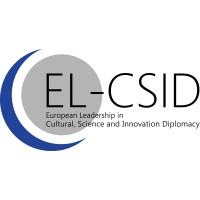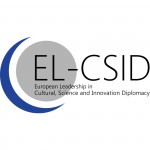Assessing the Effectiveness of the EU's and Russia's Cultural Diplomacy towards Central Asia

This paper attempts to analyse the European Union’s (EU) cultural diplomacy (CD) efforts in five Central Asian countries (Kazakhstan, Kyrgyzstan, Tajikistan, Turkmenistan, and Uzbekistan, hereinafter ‘Central Asia’). Beginning in the early 2000s, EU Member States looked at the region with increased interest. Aside from major engagements on trade, energy and security, education and intercultural dialogue were stressed as priority areas in the 2007 EU Strategy for Central Asia. To measure EU effectiveness as a CD actor in Central Asia, a comparative dimension is proposed by analysing the role Russia has pursued. At law and policy level, since Putin’s return to the Presidency in 2012, Russia has reaffirmed its ambitions to strengthen both hard and soft presence in Central Asia, viewing the region within its sphere of influence. This engagement was reiterated in the 2015 Strategy of National Security and in the 2016 Foreign Policy Concept. To draw a comparison, actors’ CD effectiveness is measured in terms of willingness, capacity, and acceptance, based on the theoretical framework proposed by Kingah, Amaya and Van Langenhove.
This paper finds that European CD efforts had mixed results due to an inconsistent policy towards the region. Although EU cultural heritage and educational influence are widely acknowledged, Russia remains today the major foreign actor in Central Asia, displaying strong levels of attractiveness among citizenry and elites. Historical and cultural ties, but also institutional and economic efforts allowed Moscow to keep its leading position. However, Russia’s future regional leadership should not be taken for granted, as all Central Asian states have been looking at Moscow’s cultural engagement with increased scepticism.

